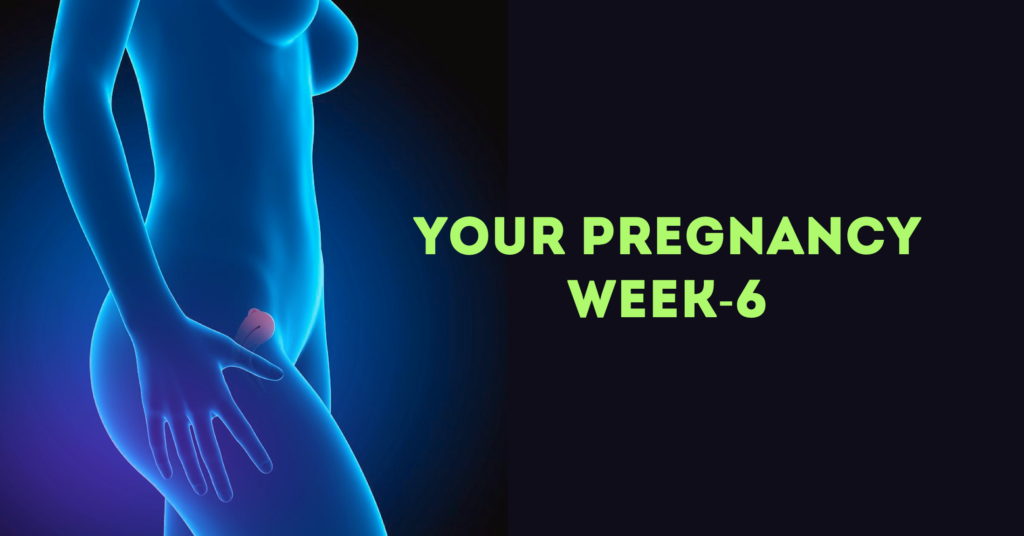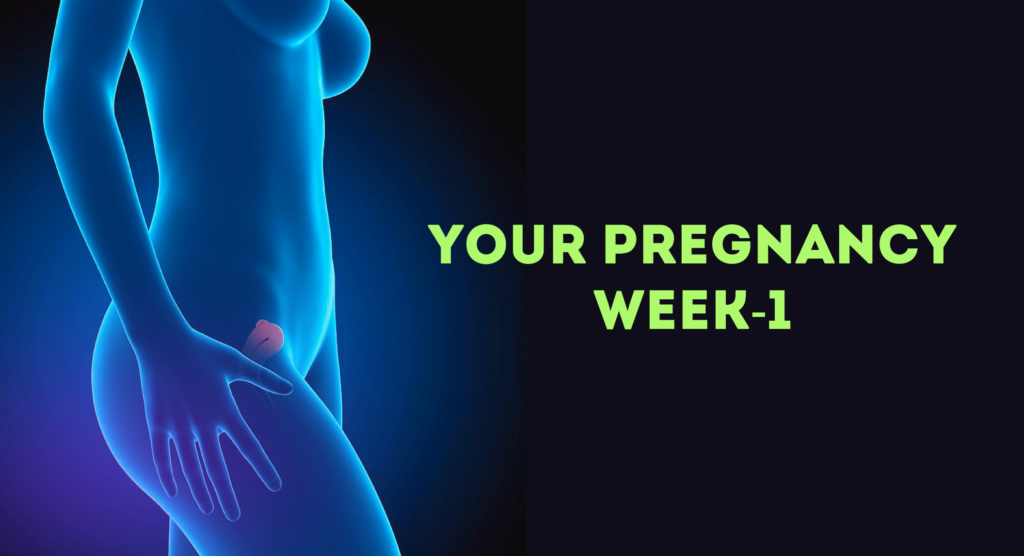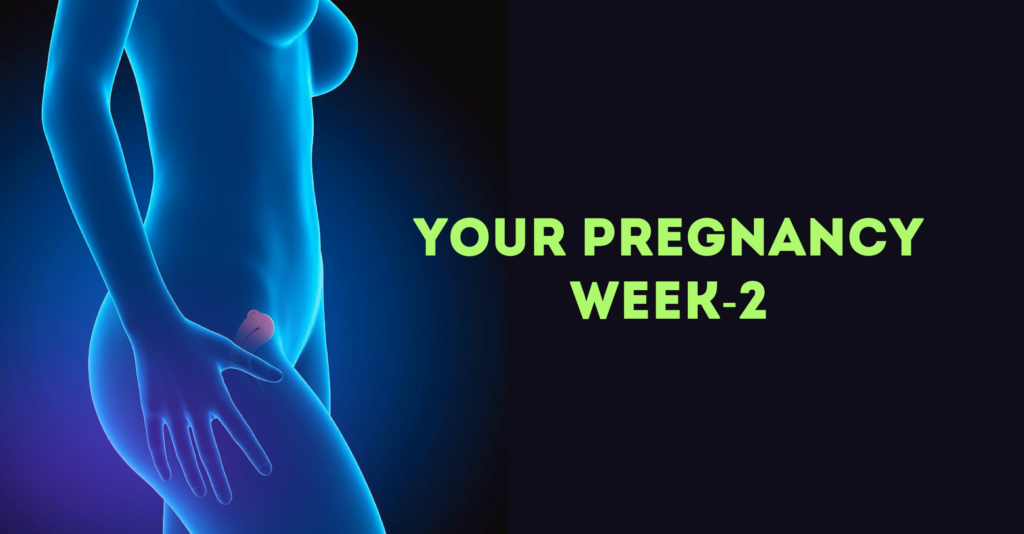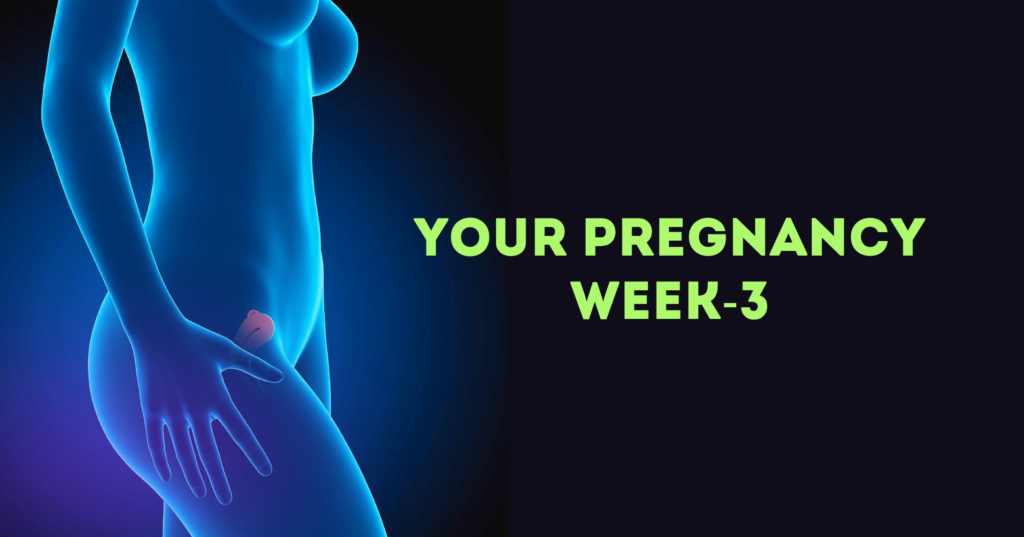At 6 weeks pregnant, you’re beginning to feel more of those early pregnancy symptoms as your body adjusts to the growing life inside you. This week is crucial for your baby’s development, as vital organs and systems are forming. Let’s explore everything you need to know about week 6 of pregnancy.
Key Takeaways at 6 Weeks Pregnant
- Nausea and fatigue are common symptoms as your body produces more pregnancy hormones.
- Your baby is now about the size of a lentil and developing quickly.
- The heart is beating and can sometimes be detected on an ultrasound.
- You might start to feel more emotional and sensitive as hormone levels rise.
Pregnancy Symptoms During Week 6 and What to Do
At 6 weeks, your pregnancy symptoms may intensify as your hormone levels continue to increase:
- Nausea or Morning Sickness: This is common and can occur any time of the day. To manage it, try eating small, frequent meals, and avoid foods or smells that trigger your nausea.
- Fatigue: Your body is working hard to support your baby, which can make you feel exhausted. Get plenty of rest and stay hydrated to help manage your energy levels.
- Breast Tenderness: Your breasts may feel sore or more sensitive as they prepare for breastfeeding.
- Frequent Urination: The increased blood flow to your kidneys causes more trips to the bathroom. This is completely normal, but it’s a good idea to stay hydrated.
- Food Cravings or Aversions: Hormonal changes can lead to strong likes or dislikes for certain foods.
What to Do:
- Listen to your body: If you’re tired, rest. If you’re nauseous, try foods that are easy on your stomach like crackers or toast.
- Stay Hydrated: Drink plenty of fluids, especially if you’re experiencing nausea.
- Eat Balanced Meals: Focus on nutrient-dense foods that support your baby’s development, like fruits, vegetables, and lean proteins.
6 Weeks Pregnant Is How Many Months?
At 6 weeks pregnant, you are about 1.5 months into your pregnancy. Pregnancy is measured in weeks from the first day of your last menstrual period, which means you’re in your second month. Even though it might seem early, your baby’s growth is already in full swing.
Baby Development at 6 Weeks
Your baby’s development is progressing quickly, and several important changes are happening:
- Size: Your baby is now about the size of a lentil, approximately 0.25 inches (4-7 mm) long.
- Heartbeat: The heart is now beating at about 100 to 160 times per minute, which is much faster than your own heart rate. You’ll see the cells flickering if you have a vaginal ultrasound in the next few weeks. Starting at 10 to 12 weeks, your provider will listen to your baby’s heartbeat at every prenatal appointment using a handheld Doppler.
- Brain Development: The brain, spinal cord, and other key structures of the nervous system are forming rapidly.
- Eyes, nose, mouth, and ears: There are dark spots where your baby’s eyes and nostrils are starting to form. Emerging ears are marked by small depressions on the sides of the head. Inside their tiny mouth, the tongue and vocal cords are beginning to develop.
- Arms and legs: Your baby’s arms and legs begin as tiny paddles that will lengthen and grow into limbs. The backbone extends into a small tail that will disappear within a few weeks.
Your Pregnant Belly at 6 Weeks
At 6 weeks, you might not have a noticeable baby bump yet, but you could feel bloated or experience slight changes in your waistline. Hormonal changes may cause bloating similar to what you feel before your period, and your uterus is starting to grow.
Pregnancy Checklist at 6 Weeks Pregnant
Here are some important things to do during week 6 of pregnancy:
- Schedule Your Prenatal Appointment: If you haven’t done so already, set up your first visit to your healthcare provider.
- Start a Healthy Routine: Include light exercise like walking or prenatal yoga to boost your energy levels and reduce stress.
- Take Prenatal Vitamins: Ensure you’re taking prenatal vitamins that contain folic acid, iron, and calcium to support your baby’s development.
- Avoid Harmful Substances: Stay away from alcohol, tobacco, and drugs that could harm your baby.
- Document Symptoms: Keep a journal of your symptoms and any questions you might have for your healthcare provider.
To-Do’s for DAD
Partners play a crucial role during pregnancy, even in the early weeks. Here’s how they can help at week 6:
- Be Supportive: Understanding the symptoms your partner is going through can make a big difference. Offer emotional and physical support.
- Help with Healthy Habits: Encourage healthy eating and join in on exercise routines or prenatal classes together.
- Educate Yourself: Learn about what your partner’s body is experiencing and what the baby is going through at this stage.
- Plan Ahead: Start discussing any preparations for the baby, like financial planning or how to create a safe environment at home.
Frequently Asked Questions
1. Is it normal to have cramps at 6 weeks pregnant? Mild cramping at 6 weeks is common and usually not a cause for concern. It’s often due to your uterus expanding to accommodate your growing baby. However, if you experience severe pain or heavy bleeding, contact your healthcare provider.
2. Can you see the baby on an ultrasound at 6 weeks? Yes, at 6 weeks, an ultrasound can often detect the baby’s heartbeat. It’s still early, so the baby might look like a small dot, but this is a significant milestone.
3. How can I manage morning sickness at 6 weeks pregnant? To ease morning sickness, try eating smaller, more frequent meals, avoid strong odors that trigger nausea, and stay hydrated. Ginger tea and crackers are also helpful for many women.
4. When should I tell people I’m pregnant? It’s entirely up to you when you feel comfortable sharing the news. Some people wait until the end of the first trimester when the risk of miscarriage decreases, while others share the news as soon as they find out.
Conclusion
Pregnancy at 6 weeks is a time of rapid growth and significant development for your baby. Your symptoms might be intensifying, but this is a sign that your body is supporting your baby’s needs. Focus on a balanced lifestyle, stay informed, and make sure you have a good support system in place. Partners should also engage actively in this journey to ensure a smooth and happy experience for both mom and baby.
Understanding these early stages can help set the foundation for a healthy pregnancy. If you have any concerns, always consult with your healthcare provider for the best guidance.



